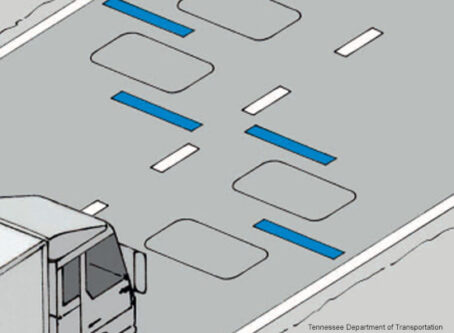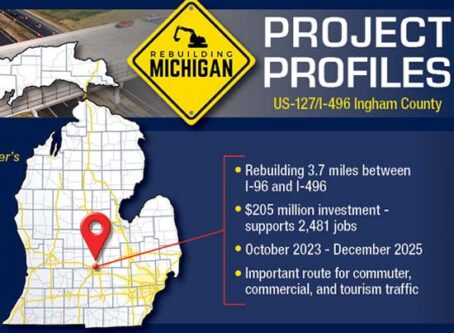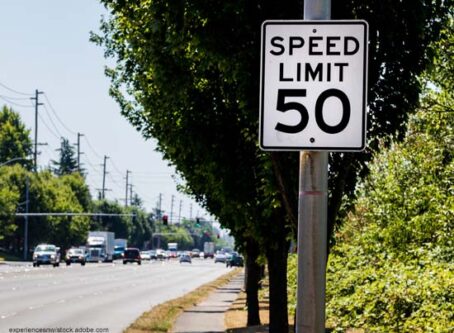States take steps to boost transportation funding
Multiple states are taking steps to boost funding for transportation purposes.
Legislation moving through the Minnesota and Missouri statehouses, and recently enacted in Mississippi, total more than $13 billion for infrastructure work.
Mississippi
Gov. Tate Reeves has signed into law legislation touted as “historic” for infrastructure improvement projects throughout Mississippi.
HB1642 authorizes more than $1.4 billion for the Mississippi Department of Transportation. The funding is described as being earmark-free and ensures the agency has the flexibility needed to invest in the most effective transportation and construction projects across the state.
SB3120 is a supplemental appropriation to MDOT, which gives the department additional funding to address major road, bridge, port, rail and airport improvements across the state.
Specifically, the new law commits $450 million for capacity projects, $100 million for the state’s emergency road and bridge repair fund. The fund supports local projects.
Another $30 million is allotted for new multimodal projects that include ports, airports and rail. An additional $40 million is committed in federal matching funds.
Earlier this year, the governor called for an investment by the legislature into additional capacity projects to jumpstart infrastructure improvements across the state.
“This major investment by the state into our roads, bridges, airports, and other critical infrastructure will help grow Mississippi’s economy and create jobs,” Reeves said in prepared remarks. “We’re doing what it takes to attract more businesses and jobs to Mississippi.”
Minnesota
One bill halfway through the Minnesota Legislature would boost transportation funding by $8.8 billion.
The state has not increased transportation revenue since 2008. The action came months after the Interstate 35W bridge collapse in Minneapolis. The incident claimed 13 lives.
House lawmakers voted 71-59 to advance a bill that would permit the state to move forward with spending for roads, bridges, and transit.
Sources of revenue tabbed in HF2887 include a 0.75% metro area sales tax increase to cover Twin Cities transit improvements.
A new 75-cent fee would also be added to all retail deliveries in the state. The fee, which is touted to raise up to $180 million annually, would be collected on everything from Amazon deliveries to food deliveries.
Additionally, vehicle repair and replacement parts purchases would be routed to the state’s road fund. The money now is sent to the general fund.
Most vehicle registration fees, driver’s license fees, and new vehicle sales tax would also be increased.
The biggest portion of funds – $194 million – would be earmarked for passenger rail linking Minneapolis and Duluth. Another $80 million would be used for “high priority” bridges. The Corridors of Commerce program would be allotted $50 million.
HF2887 has moved to the Senate for further consideration.
Missouri
Multiple pursuits at the Missouri statehouse cover expansion of Interstate 70.
The House has approved a $45.6 billion operating budget for the coming fiscal year. Funding for the east-west route linking Kansas City and St. Louis is included.
Gov. Mike Parson has requested $859 million to widen three stretches of the interstate. Both chambers have legislation to make that happen.
House lawmakers have sent to the Senate a budget bill that includes the $859 million request for I-70. Specifically, funding would be made available to widen to three lanes in each direction the portions from Blue Springs to Odessa, through Boone County near Columbia, and from Warrenton to Wentzville.
A Senate bill also covers funding for the road work. Instead of relying on line items in the budget, Sen. Bill Eigel, R-Weldon Springs, wants to create a new state fund to cover project costs.
Annual deposits from budget surpluses would be tapped. State lawmakers would appropriate the fund.
A separate Senate pursuit would designate $2.8 billion in the state budget to expand the roadway. The state would cover half the amount and the other half would be borrowed over 15 years. LL









